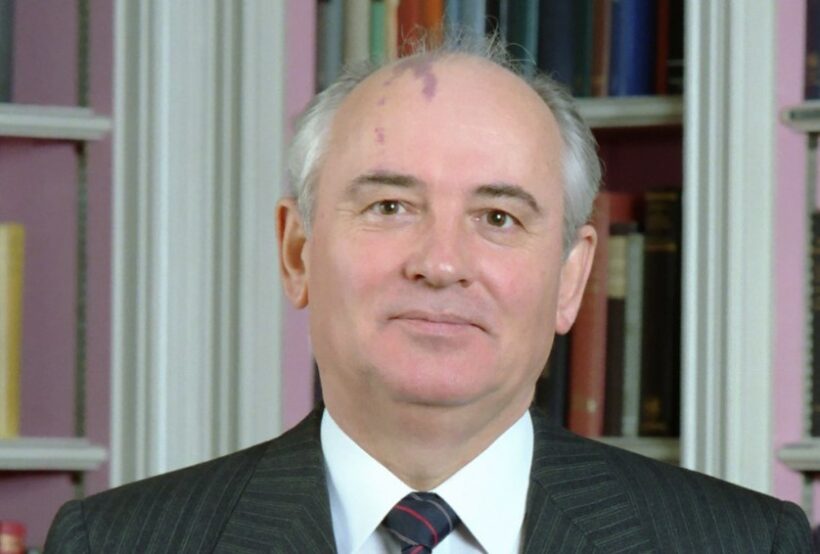When in 1985 Mikhail Gorbachev took over as General Secretary of the CPSU (Communist Party of the Soviet Union), which was de facto equivalent to a presidency of the USSR, succeeding three gerontes (Brezhnev, Andropov and Chernenko), few imagined that this change would represent a turning point in the world, putting an end to the Cold War of the time.
His leadership lasted about six years, ending at the very moment of the dissolution of the Soviet Union at the end of 1991. Shortly afterwards, in 1996, Gorbachev ran for president in Russia, winning about 1% of the vote. He was not well liked in Russia: to some, he was a communist “apparatchik” who tried to make reforms for it to make the CPSU the sole party in Soviet power; to others, he was a Western agent whose goal was the demise of the USSR and communism. For all, he was associated with a period of great instability and material deprivation. From the beginning of his presidency, his tendency towards freedom, openness and peace began to be seen, which aroused great hopes around the world. However, this produced a reaction in the Soviet power strata, which saw their privileges endangered. On the other hand, the Western counterpart, short-sighted to any historical process, saw an opportunity for new business. Constrained by these two poles of pressure, Gorbachev moved skilfully until 1989, the year of the fall of the Berlin Wall, the symbolic date marking the end of the Cold War. From then on, the economic situation in the Soviet Union began to deteriorate, something to which its citizens were not accustomed. Curiously, the shortages experienced in the last months of his term of office miraculously disappeared the day after the USSR was dissolved.
Gorbachev, like all people, made many mistakes, some of which have had serious consequences (the current war in Ukraine could be considered a consequence, the result of NATO’s advance and Putin’s subsequent reaction). We could say that his project failed, because the USSR dissolved, and the years that followed were ones of great chaos and hardship in the former Soviet territories, particularly Russia under Yeltsin. The end of the Cold War that was achieved, and which was a great achievement, is now all but liquidated. Their yearning for peace, prosperity and freedom for the whole world was not fulfilled. Of course, the reasons for the failure to realise these aspirations are many, but the main culprits are to be found elsewhere, far away from Gorby and his entourage.
Their main mistake was to rely too much on their counterparts, both American and European. The great leaders of Western capitalism did not think of the historic opportunity that lay before them, but only of the short-term profitability they could obtain. It is this narrow and mean-spirited vision that has prevented peace, prosperity and freedom from spreading around the world.
Yesterday Gorbachev left this plane of existence. Whether he was a great politician is debatable, but he was undoubtedly a good person and a great humanist. By contrast, his peers in the West were mediocre politicians of dubious goodness. His legacy, beyond the factual consequences, is a role model: Gorby was a humanist of very good intentions. If only his example would spread and we would see more and more political and economic leaders with good intentions. This would bring us closer to the longed-for aspirations of peace, prosperity and freedom.






